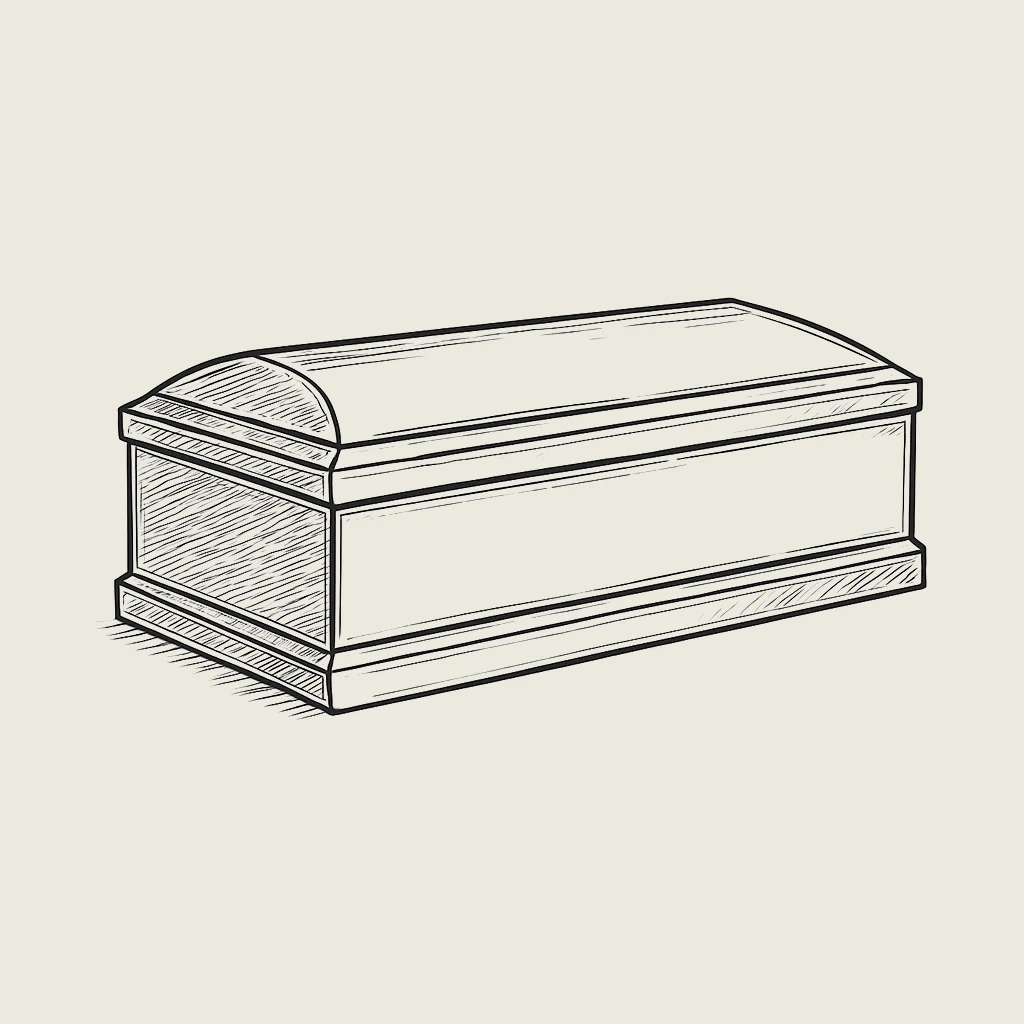When Can You Start Cleaning After a Funeral?
Many wonder, when is it appropriate to clean the house after a funeral, so as not to violate either traditions or hygiene rules. Superstitions, religious beliefs, and sanitary requirements often conflict. Therefore, it is important to understand what truly needs to be done and what is merely a cultural myth.
From a common-sense and sanitary standpoint, cleaning in the house or apartment can be done immediately after the body of the deceased has been removed. Church canons do not forbid cleaning either the next day or a week later. The superstition about 40 days is not supported by any religious sources. Considering that after the death of a person, dangerous substances can remain in the air, postponing cleaning is not recommended.
Religious Perspective
The Orthodox Church does not forbid cleaning after burial. The Bible does not prohibit washing floors, doing laundry, or disinfecting in a house where the deceased was. The superstition regarding the 40 days has nothing to do with spiritual practices. There is no obligation to keep items, furniture, or possessions of the deceased untouched. The timing and date of cleaning are up to the relative or family members, depending on the state of the premises.
Why It’s Important to Clean As Soon As Possible
After death, pathogens can remain in the house or apartment, especially if the body has been in the room for more than a day. Decomposition is accompanied by the release of cadaverine and other toxic compounds. These can provoke headaches, weakness, and allergies. Cadaveric toxins are especially dangerous for people with weakened immune systems. Cleaning reduces biological threats and helps cope with emotional pain.
Who Should Do the Cleaning
The procedure can be carried out by either a close or non-blood person. However, pregnant women should avoid participating in the process, as harmful vapors could affect their health. In such cases, it is permissible to entrust the cleaning to specialized services, especially if the premises are heavily contaminated. Not only household chemicals should be used, but also professional disinfection agents.
Common Mistakes and Superstitions
Among the popular misconceptions is the fear of disturbing the soul of the deceased after cleaning or “washing away the memory.” However, it is important to understand: respect for the memory does not depend on dust on furniture. There is no need to fear throwing away items that cannot be cleaned or that pose a health threat. The attachment to the number of days when cleaning "can" or "cannot" be done is more related to folklore than faith.
Cleaning Steps
Step 1: Ventilation
Open the windows to create a cross-flow of air. This will help remove the odor and reduce the concentration of toxins.
Step 2: Sorting the Items
- Separate clothing and textiles.
- Inspect furniture for contamination.
- Keep valuable and sentimental items.
Step 3: Disinfection and Cleaning
Thoroughly wipe the floors, walls, handles, and furniture. It’s important to treat surfaces with antibacterial and antiviral agents.
Step 4: Odor Removal
If there is a persistent odor in the room, ozone generators can be used or you can order a chemical cleaning service for carpets and upholstered furniture.
What to Do With the Deceased’s Personal Items
It is not recommended to wash the clothing and bed linen of the deceased before the funeral, especially if the body is still in the apartment. After the 40-day period, it is acceptable to give usable items to those in need. Some items can be disposed of.
When to Call Professionals
If there is heavy contamination in the house or if floor removal and furniture treatment are required, it is best to invite specialists. Their products and methods effectively eliminate biological threats and restore the microclimate in the apartment. Cleaning companies will also help eliminate the odor, especially if the room has not been ventilated for a long time.
Conclusion
Caring for the cleanliness of your home is a matter of sanitation but also a way to return to normal life after a heavy loss. Cleaning the house helps restore routine, support health, and regain emotional balance. It’s best not to delay the process due to superstitions—it’s better to act based on common sense. It’s important to remember that the memory of the deceased is preserved through actions, not through dust and silence in the room.
Read also:




